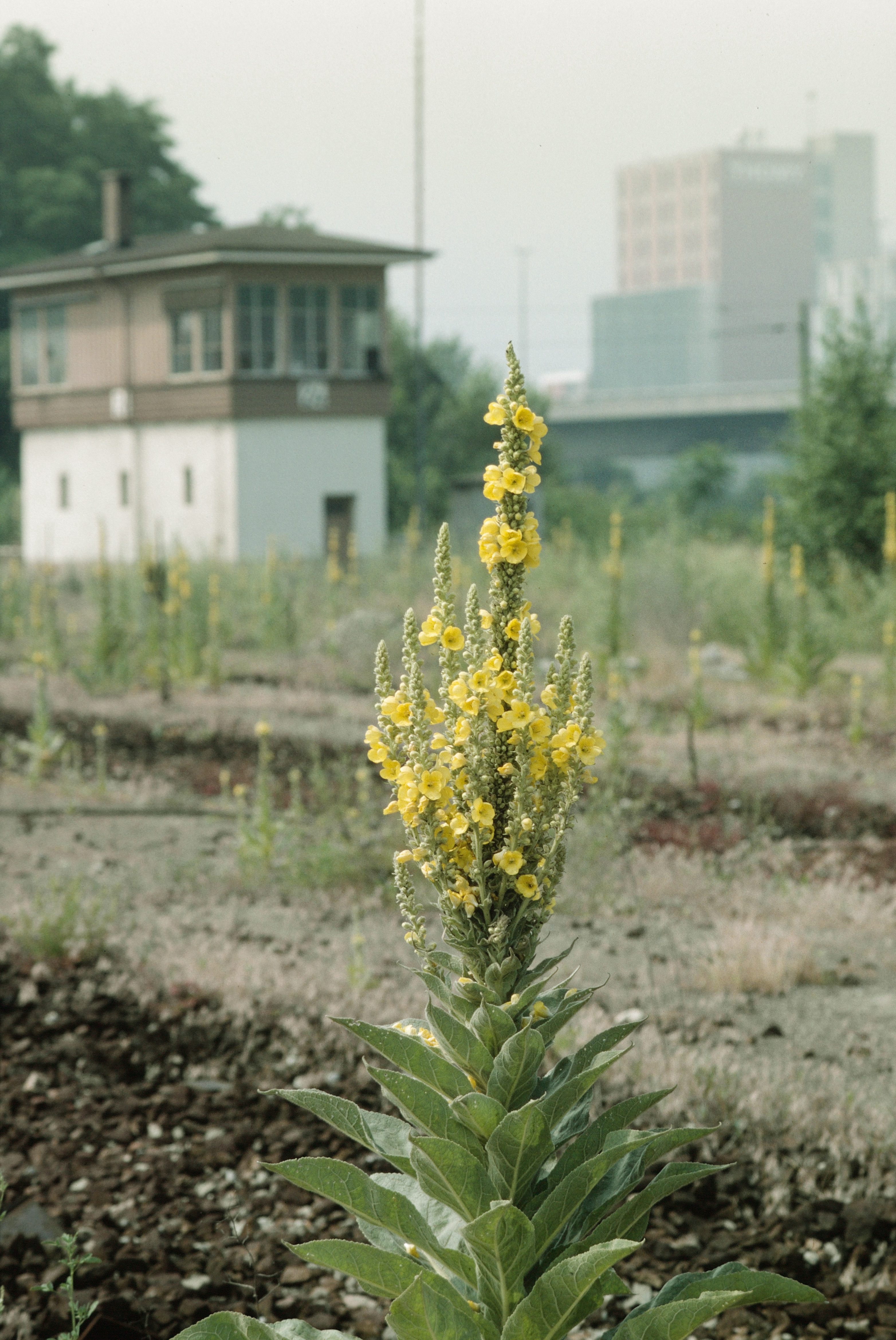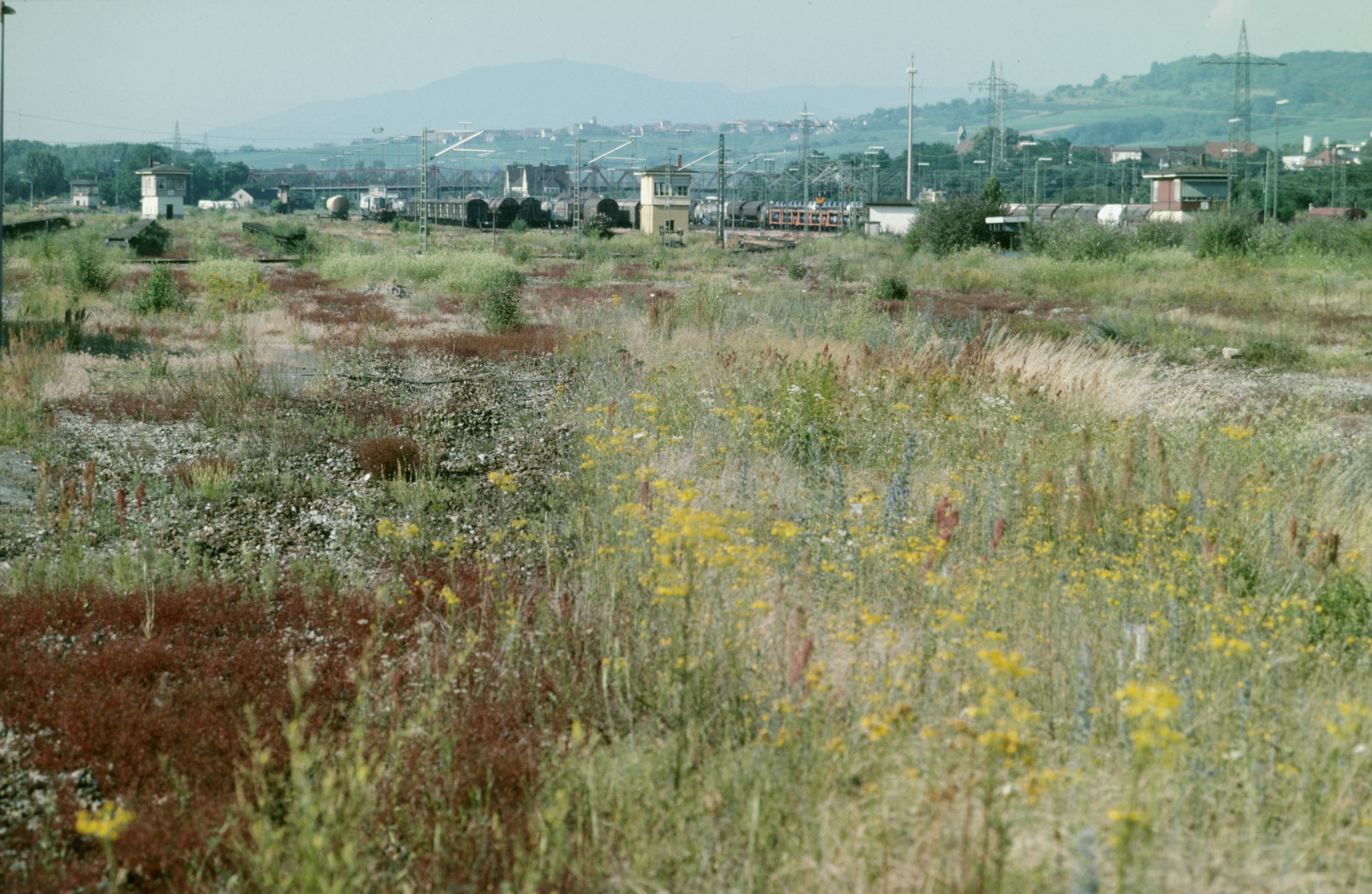




The design for the ruderal borderscapes of Basel follows closely the narrative of botanical gardens in their colonial history, in the context of a month-long research project at the ETH Zürich. Working across scales, from global history to individual species, the proposal is situated within both broader research and the specificity of the ruderal site in Basel, a the historic milling yard at the trinational border of France, Germany and Switzerland. Parallel narratives of colonial expansion and the urbanisation of Basel are placed in spatio-temporal relation, to inform a decolonial approach for the proposal of a ruderal garden.
Emma Kaufmann LaDuc is an interdisciplinary architect working within urban and rural territories. Her research seeks to both pluralize and localize spatial practice, thinking through resilient systems and acting through collaborative interventions. Emma is research assistant at the ETH Zurich under the Chair of Affective Architectures and the Chair of Being Alive and head of an experimental unit at the AA Summer School in London, as well as member of the interdisciplinary collective La Rivoluzione delle Seppie.
︎︎︎ Contact
Gardens foster social relationships; they make
neighbours out of strangers. They give a permanent human quality
to what would otherwise be an amorphous stretch of land.
As we further shift into the Anthropocene, we are called upon once again to reconsider the role of the botanical garden.
A site of herbal experimentation in its early iterations, the botan- ical garden became complicit with – and even vital for – colonial expansion and exploitation in the centuries to follow. The new bo- tanical garden acknowledges these medical histories and colonial legacies as it begins its process of change.
The new botanical garden rethinks the hierarchy between species – humans, plants, insects – and begins to listen to and learn from the site / environment itself. The relationship between programme and place becomes so intimate until the two are indistinguishable. What grows in these new botanical gardens is neither native, nor alien, neither indigenous, nor introduced, neither domestic, nor exotic, neither autochthonous, nor immigrant or foreign.
That which exists is meant to be here. And we are here to live, to grow, to heal and to play together.
(From the manifesto)